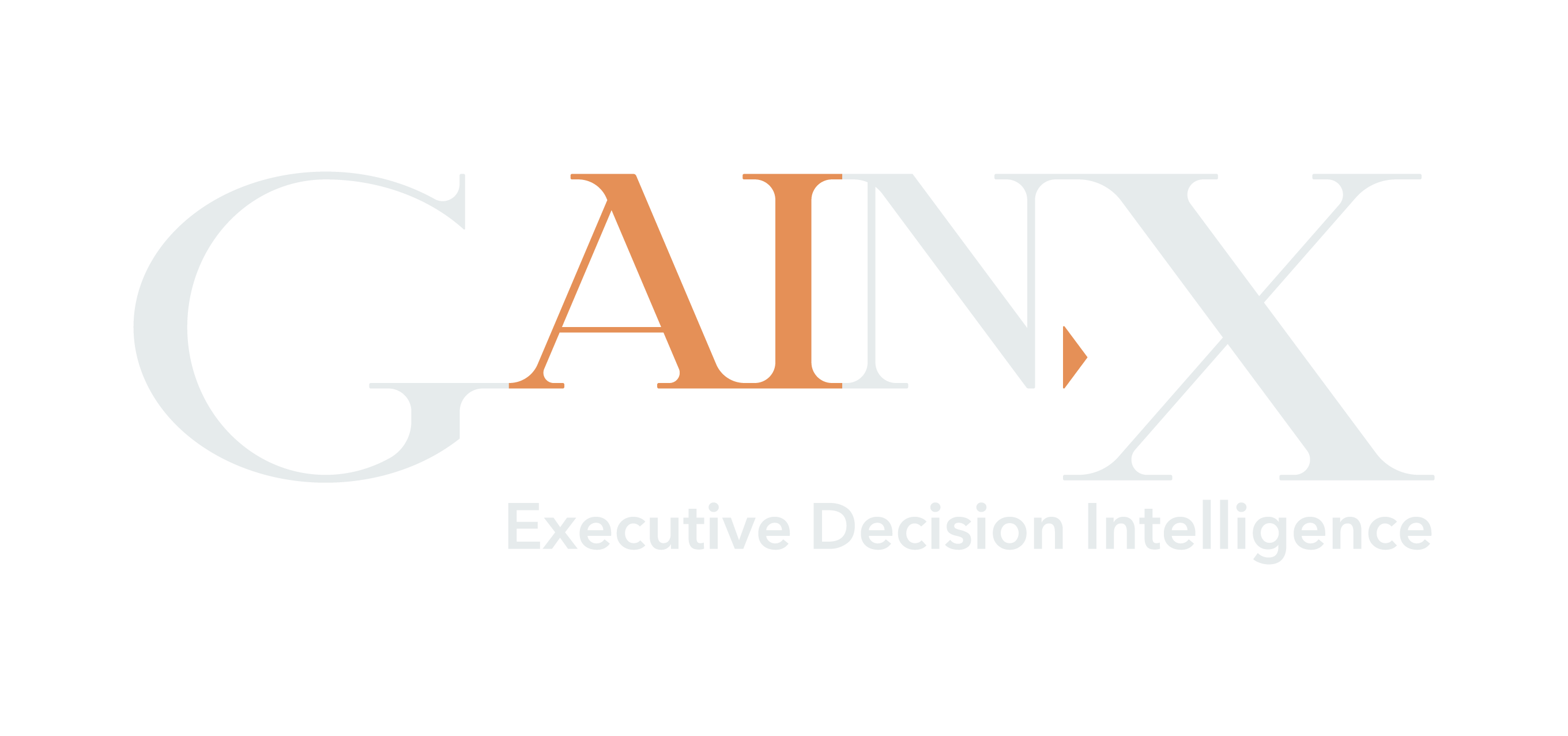Use Case: Technology Rationalisation
GainX AI Accelerates Time-to-Cost-Savings and Operational Gains
Overview
The GainX platform enables you to streamline your company’s technology landscape. With minimal, easy-to-extract data you can improve efficiency, reduce costs and increase organizational agility. The GainX approach is unique, using artificial intelligence to assess usage, duplicity and importantly, how people work together to achieve goals and to be productive.
Planning
The GainX platform supports a phased approach to planning, data gathering and analysis, and execution – ensuring immediate value realization while paving the way for comprehensive streamlining.
Step 1
Data requirements:
A list of all technologies, applications and/or systems deployed. And, licenses or permissions, per person, as available
Org Chart
People connectivity scores (e.g. the relevancy scores that are easily downloaded from M365)
Value supporting the plan:
Informed planning and decision-making by looking at how usage is confined to a particular team or teams, or manifests broadly across the company
Identification of teams that are change catalysts and can efficiently drive change
Identification of teams that are resistant or slow to change
Awareness of the impacts of rationalisation to operational work
Step 2
Data requirements:
+ Descriptions of all the technologies, applications and/or systems. (this can be scraped from the web if not available in house)
+ (optionally) List of critical technologies (e.g.: regulated technology)
Value supporting the plan:
Identification of applications that are similar to other applications, and could be rationalised –– using GainX’s AI-powered duplication detection engine
Step 3
Data requirements:
+ Logs that show who used which technology, and when* (e.g. the URL logs that IT records)
+ (optionally) Project and resourcing data
Value supporting the plan:
Prioritise rationalisation targets with insights on how much various technologies, applications or systems are being used, and the usage patterns
Which licenses are being used very little or not at all
Awareness of the impacts of rationalisation to current projects (requires project and project resourcing data)
Execution
You have a plan and now it’s time to execute the rationalisation of one or more technologies, applications or systems. The GainX platform will support you as you go, ensuring that opportunities to be efficient are taken, risks and barriers are mitigated, and the intended benefits are achieved.
Step 1
Data requirements:
The connectivity scores, org chart and usage logs already captured for planning – now on a monthly basis for the duration of the program
Value supporting execution:
Measurement of usage increase, decrease or stasis – against the goals of the planning (e.g. usage should be decreasing but is actually increasing)
Monthly updates on the teams that are catalysts and/or resistant to change – enabling rationalisation execution to intelligently adapt to changing conditions
Step 2
Data requirements:
+ Project and resourcing data for the projects that are tracking rationalization
+ Project and resourcing data (not limited to the rationalization programs) including historical data, if available
Value supporting execution:
Ongoing identification of risks to the rationalisation programs, including predictions on productivity and project performance, such as risk of delay, overspend, diluted ROI
Step 3
Data requirements:
+ Periodic updates to the list of technologies, applications and systems
Value supporting execution:
Enables an iterative approach, from planning to execution, for optimising technology, application and system investments
Periodic planning and execution to maintain a lean and agile organization

